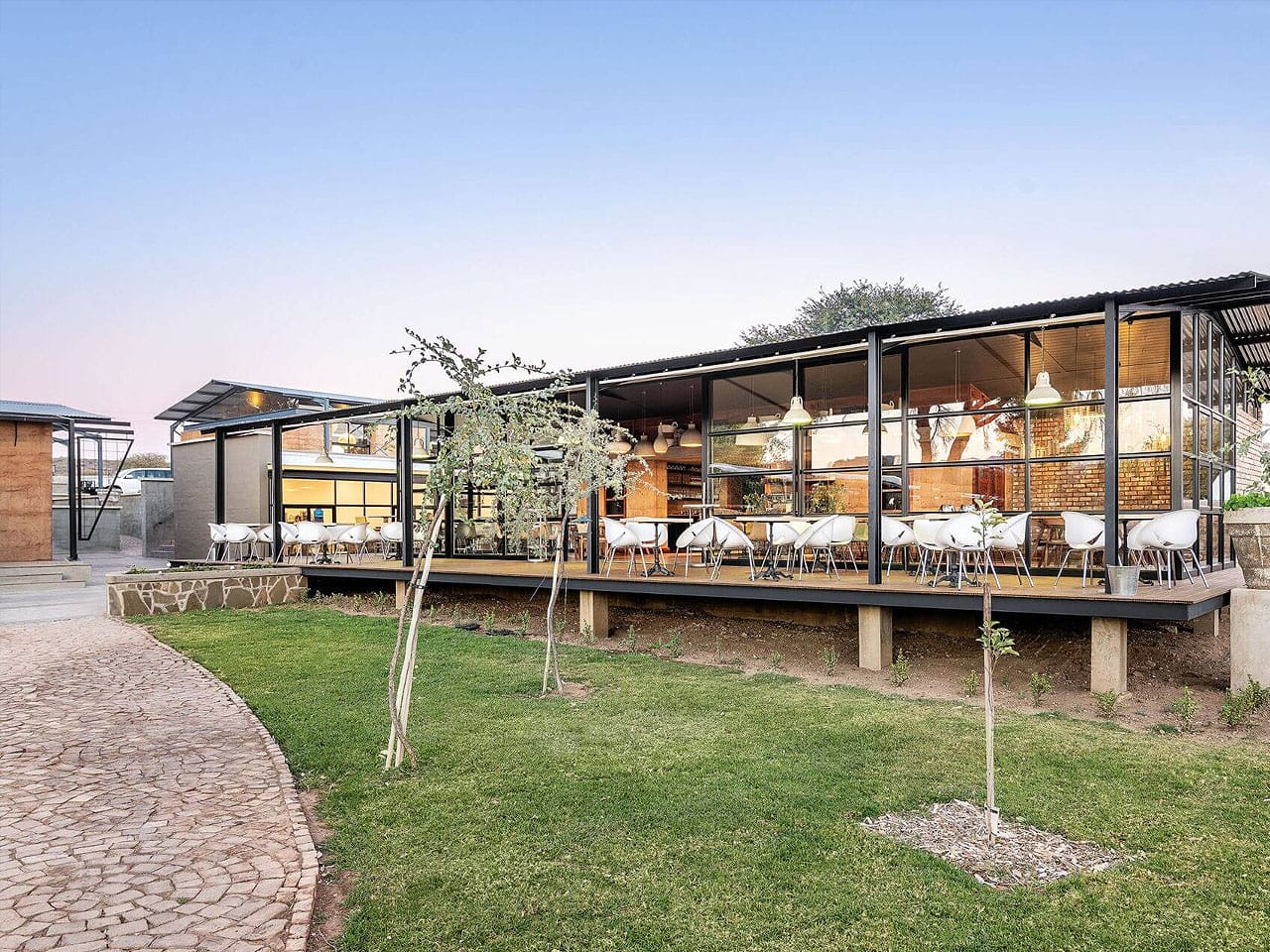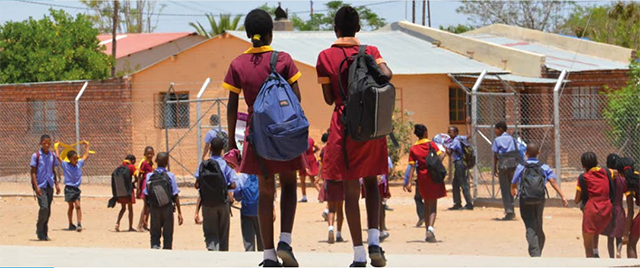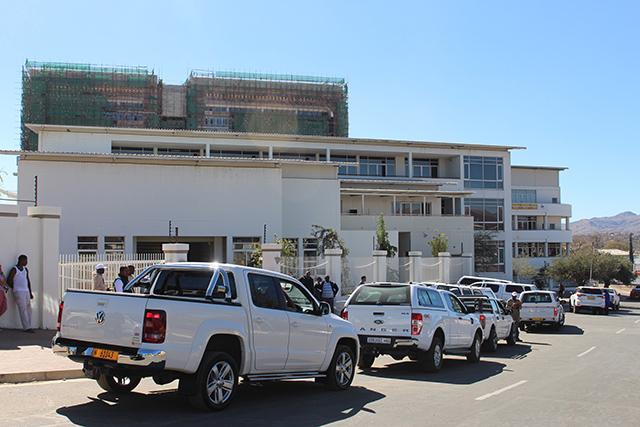The national land Policy of 1998 set the tone for ensuring equity in land access and land tenure security for poor people in Namibia.
In 2012, the Flexible Land Tenure Act (FLTA) was passed. Six years later, regulations were gazetted, enabling the start of piloting the flexible land tenure system in Windhoek and at Oshakati and Gobabis.
The FLTA aims to transform land access and empower low-income populations without secure land rights.
It also seeks to mitigate past land injustices and provide people with more choices by streamlining processes and introducing new tenure possibilities.
This includes two unique land tenure types: Starter title and landhold title.
The first official landhold title were issued in 2021, with more than 900 households issued with security of tenure.
However, concerns remain about the act’s effectiveness, because of its limited scaling.
While the current implementation strategy has been effective in some areas, a more comprehensive national implementation and a possible change in institution might achieve the full potential of the FLTA.
LOCALISED SUCCESS, NATIONAL QUESTIONS
The FLTA introduced ‘starter titles’ and ‘land hold titles’, and streamlined alternatives to conventional land ownership.
Residents with landhold titles could start building houses and move away from being classified as ‘living under informality’
.
The streamlined processes lowered land registration costs and speeded up land acquisition, particularly for low-income residents who faced significant hurdles.
The act also fostered a sense of security and empowered residents to invest in their plots.
However, localised implementation restricts the FLTA’s impact for most informal dwellers. Particularly in rural areas, people remain excluded.
A geographically restricted approach dilutes the core objective of addressing national land inequalities.
A change in implementing institutions could create an opportunity for scaling up for the benefit of all people living in informal settlements.
MISPLACED MINISTRY, MISSED OPPORTUNITY?
The FLTA currently falls under the Ministry of Agriculture, Water and Land Reform (MAWLR).
While this ministry plays a crucial role in land management, the act might be better placed under the Ministry of Urban and Rural Development.
Here’s why:
- • The Urban and Rural Development ministry has a broader mandate encompassing urban and rural development. Local authorities fall under this ministry and are the central implementing agency for FLTA.
To achieve scaling for implementation, the ministries has the potential to address land access nationwide, not just in select towns.
• The ministry oversees various housing, infrastructure and community development initiatives. Integrating the FLTA with these programmes could create a more holistic approach.
Imagine streamlined land acquisition, registration and delivery, and readily available infrastructure and support services – a recipe for successful and sustainable communities.
- •The ministry has a decentralised structure with regional and local offices. This could be used to effectively roll out FLTA nationwide.
Local knowledge and understanding of specific needs would be crucial for tailoring implementation strategies for different regions.
The act allows for establishing land rights offices in various areas, not just one centralised office as is currently the case.
Shifting oversight to the ministry wouldn’t be without challenges. Capacity building within the ministry might be necessary to ensure proper implementation of the FLTA.
Clear lines of communication and collaboration between The ministries of urban and rural development and agriculture would be essential to avoid duplication of efforts or confusion.
ADDRESSING CONCERNS
A national scaling of the FLTA holds immense potential, but understandably raises concerns.
Let’s look at a comprehensive framework to address these concerns and ensure a successful national implementation.
- •Capacity Building: A phased rollout, with robust training programmes for urban and rural development staff and local authorities on the FLTA’s procedures and best practices, would ensure efficient implementation and avoid overwhelming existing structures.
- Community Engagement: Extensive consultations with communities are crucial. It is vital to understand their specific needs and concerns regarding land use, traditional practices, and potential environmental impacts.
This creates trust and allows for tailoring the rollout to address local realities.
- •Transparency: Clear communication with all stakeholders, including traditional authorities, current landholders and potential beneficiaries is essential.
This involves regular updates, information dissemination through various channels, and open dialogue to address anxieties and ensure a smooth transition.
- •Dispute Resolution: Establishing robust mechanisms to address land disputes efficiently and reasonably will maintain stability and public confidence in the FLTA.
This could involve designated courts, mediation services, or a combination of approaches.
- •Environmental Safeguards: Rigorous environmental assessments and clear guidelines for sustainable land use are essential.
This would ensure that FLTA land developments do not contribute to deforestation, soil degradation, or other environmental issues.
THE TIME IS NOW
The FLTA is not a failed experiment, it’s a promising initiative waiting to be unleashed.
With political will, careful planning, engaging all parties involved, and capacity building, we can unlock the act’s true potential.
It’s not just about land access, it’s about empowering individuals, and opening the door to a better future.
We can leverage flexible tenure as a catalyst for social and economic transformation by embracing a national rollout under the urban and rural development ministry.
The time for a bolder approach is now.
- *Natsaantu Elago Kefas is pursuing an honours degree in land administration at the Namibia University of Science and Technology. Growing up in Havana informal settlement in Windhoek, Kefas witnessed the challenges these communities face and is dedicated to advocating their land rights
Stay informed with The Namibian – your source for credible journalism. Get in-depth reporting and opinions for
only N$85 a month. Invest in journalism, invest in democracy –
Subscribe Now!






